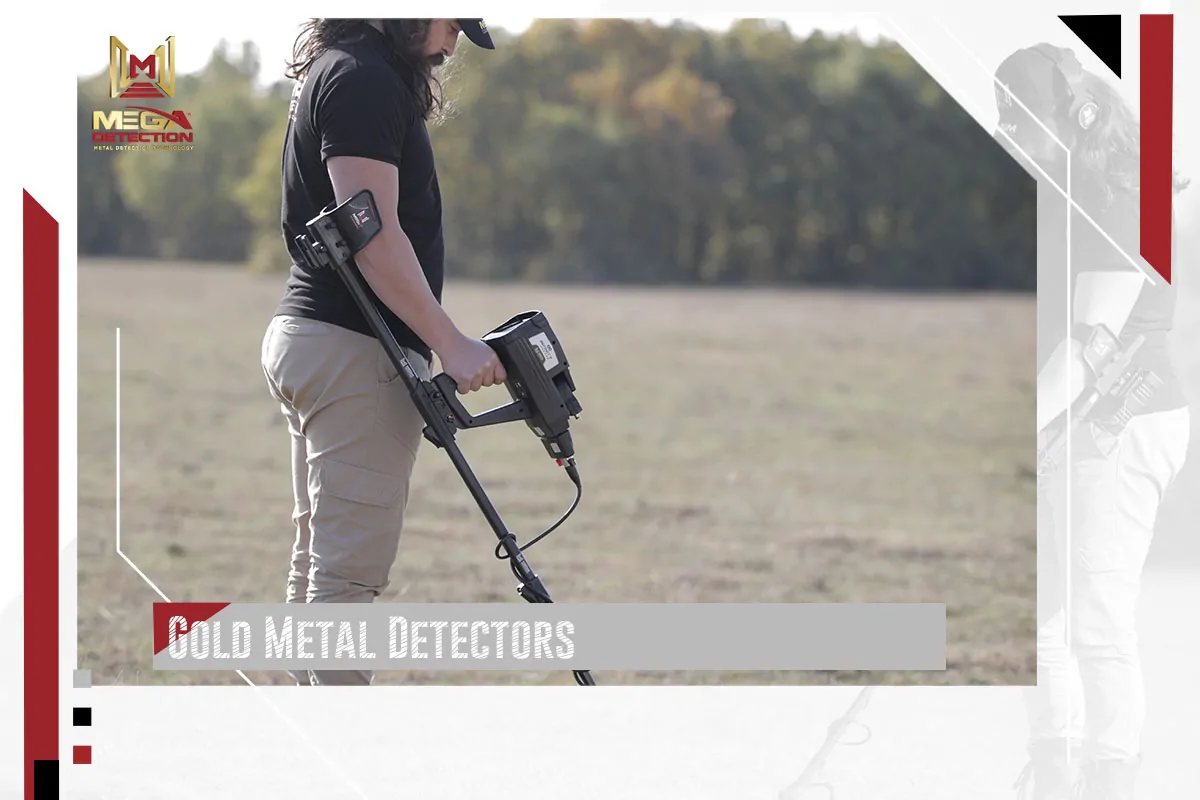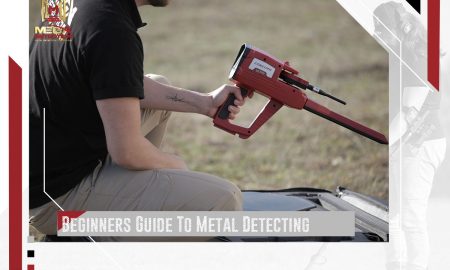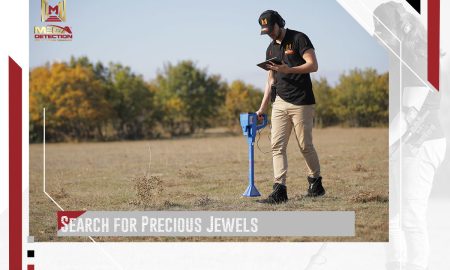Gold Metal Detectors
Gold Metal Detectors
Can You Find Gold With Metal Detectors?
You can find gold with a metal detector, but it will be challenging to find small nuggets if you don’t have a gold detector.
The detection of gold does not work like other conventional metals; it works through the induction of the pulse present in the detectors; also, metal detectors’ frequency operation is different. If you try a search with a conventional detector, you can find a lot of trash.
The gold detectors have an optimal ground balance between exploring ground mineralized and having pulse induction. Some metal detectors have preset settings to locate metals and gold, but not all devices have these built-in functions.
How deep can a metal detector detect gold?
Generally, metal detectors don’t have a standard maximum detection depth. Instead, it largely depends on the individual unit. Some that work to detect gold can reach around 15in. or so. However, there are many gold detectors that offer far greater detection depths than that.
There are factors that contribute to how deep a metal detector can detect though. For instance, the soil plays a large role. Detecting in soil with a high mineral count is tough. Size matters plenty here too. The smaller a gold flake or nugget is, the more difficult it is to detect.
Also, coil and frequency on the metal detector is vital. Higher frequencies penetrate deeper while larger coils can reach deeper into the soil. Consider an all-terrain detector to search in various conditions without issue.
Is there gold in every river?
This might surprise some of you, but gold indeed exists in every river around the world. A lot of it exists on such a microscopic level that you can just see it at a glance. Because of this, it’s truly not worth exploring every river and hoping to come across some gold, making panning or using a gold detector useless in these cases.
So, why does every river have gold? Well, it’s because they’ve all flowed throughout gold-bearing grounds. Rivers easily pick up gold through exposed and eroded gold veins from the ground, transporting the gold further and further away.
If you want to check a river, remember that gold is more commonly found in quartz. Quartz can be located around riverbeds, so it’s worth checking those areas out whether you are panning or using a top-rated gold detector.
What frequency is best for gold detection?
If you want to detect gold, even gold that’s hiding deep beneath the soil or water, then you need a higher frequency. Thanks to gold having a low conductivity, you need something penetrating to find them. This is even truer with those smaller pieces.
So, what frequency works best? Consider looking for a detector with at least 14kHz. Higher is better, of course, as there are gold detectors with 18kHz.
Remember though that the frequency is only a part of the overall picture. You still need to pair that with other strong elements like a large coil. Also keep in mind the terrain as that can make things either more difficult or easier.
How deep can a metal detector find gold?
The depths that a metal detector can go to find gold varies. There are some metal detectors intended to reach around 18in. underground, while others boast going over 50in. So, when shopping around for a metal detector, keep an eye out on its length so you know just how much you can investigate.
Another thing worth remembering is that there many detectors that are waterproof. In this case, how deep they can go when submerged further varies and may be completely different than how deep they can find gold on land.
Furthermore, gold nuggets are typically not discovered too deep. Much of it is hidden about 1ft or so underground. The most time you’ll spend is actually tracking the location of said gold.
Do gold detectors really work?
Gold detectors are useful if it’s only gold you want to find. They are typically designed with discrimination to weed out other metals so you aren’t sent off on a chase for things other than gold. The filtering process is more than useful in this case.
Additionally, the gold detectors are also made to cancel out mineralization. By doing so, you are ensuring that you can search in a variety of terrains and locate gold that you may have otherwise not notice without that mineralization process.This is wonderful since gold detectors can be found closer to the surface or a couple of feet deep.
How much is a gold detector?
Like with metal detectors, the price of a gold detector varies widely. You can find some models under $200. However, those are the more budget-friendly options and typically work out well for beginners or simple hobbyists.
At the same time, there are gold detectors that will easily scale $2,000 and more. These are, of course, high-end models. They also have numerous features that can help increase the price range even more. Some provide a full-color LCD screen to keep track of things. Frequency seems to add things to the cost as well.
How much you are willing to spend is what matters the most. If you want to feel like a pro, then it’s worth it to invest in a new gold detector with all the extra features.
Is there a difference between gold detector and metal detector?
Yes, there is a difference between a standard metal detector and a gold detector for gold.
For one thing, a metal detector does as the job implies. It can help you find numerous items and not just gold. Some metal detectors are designed to handle that though, offering a different mode you can switch in to track some gold.
As for a gold detector, it’s also obvious what it does: track gold. There may be differences into frequency, how it works in various terrains, etc.
If you want to be able to track more than gold, then finding a reliable metal detector is the way to go. Otherwise, you’ll find with sticking with a gold detector if you know that’s all you’re interested in finding one.












Leave a Reply